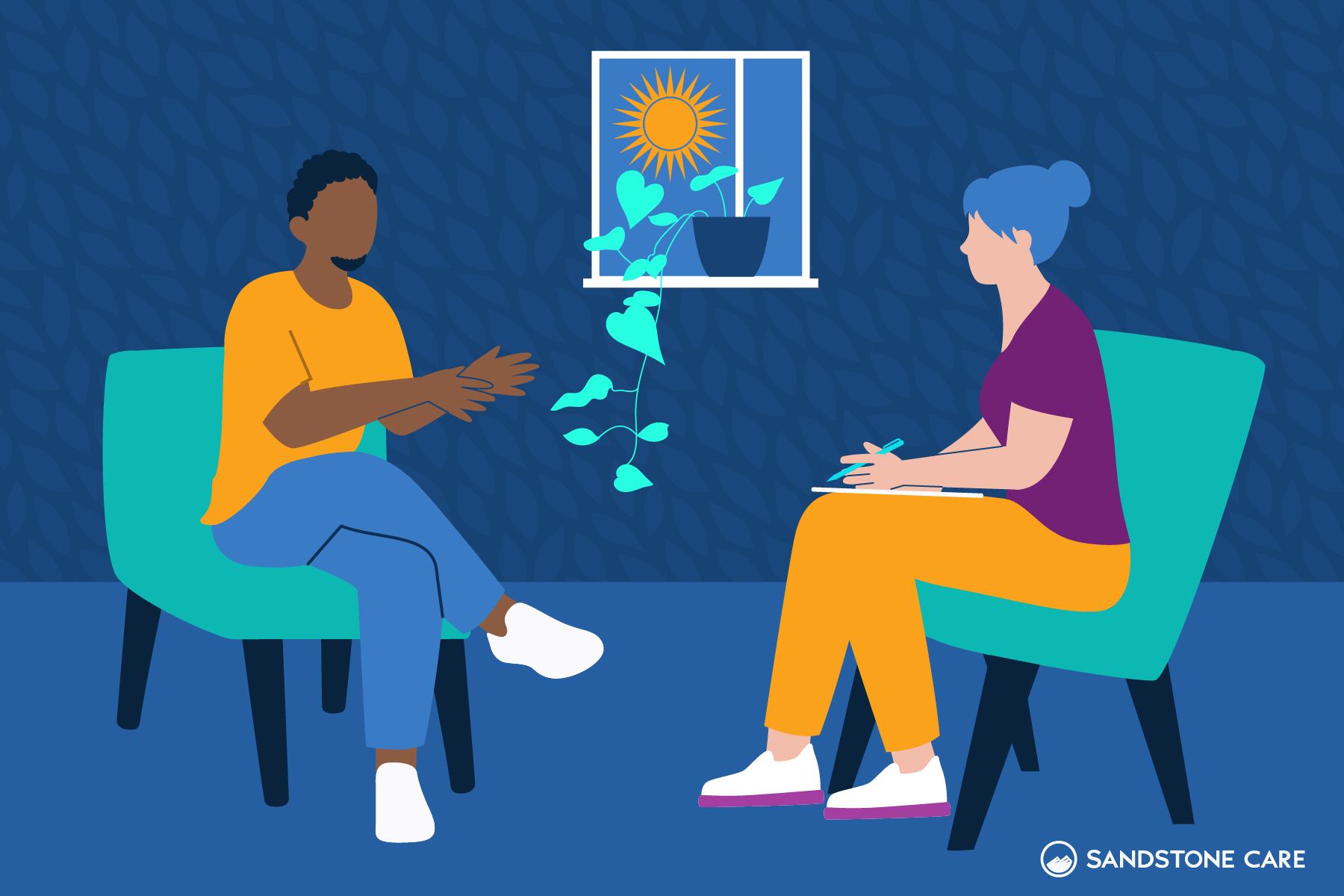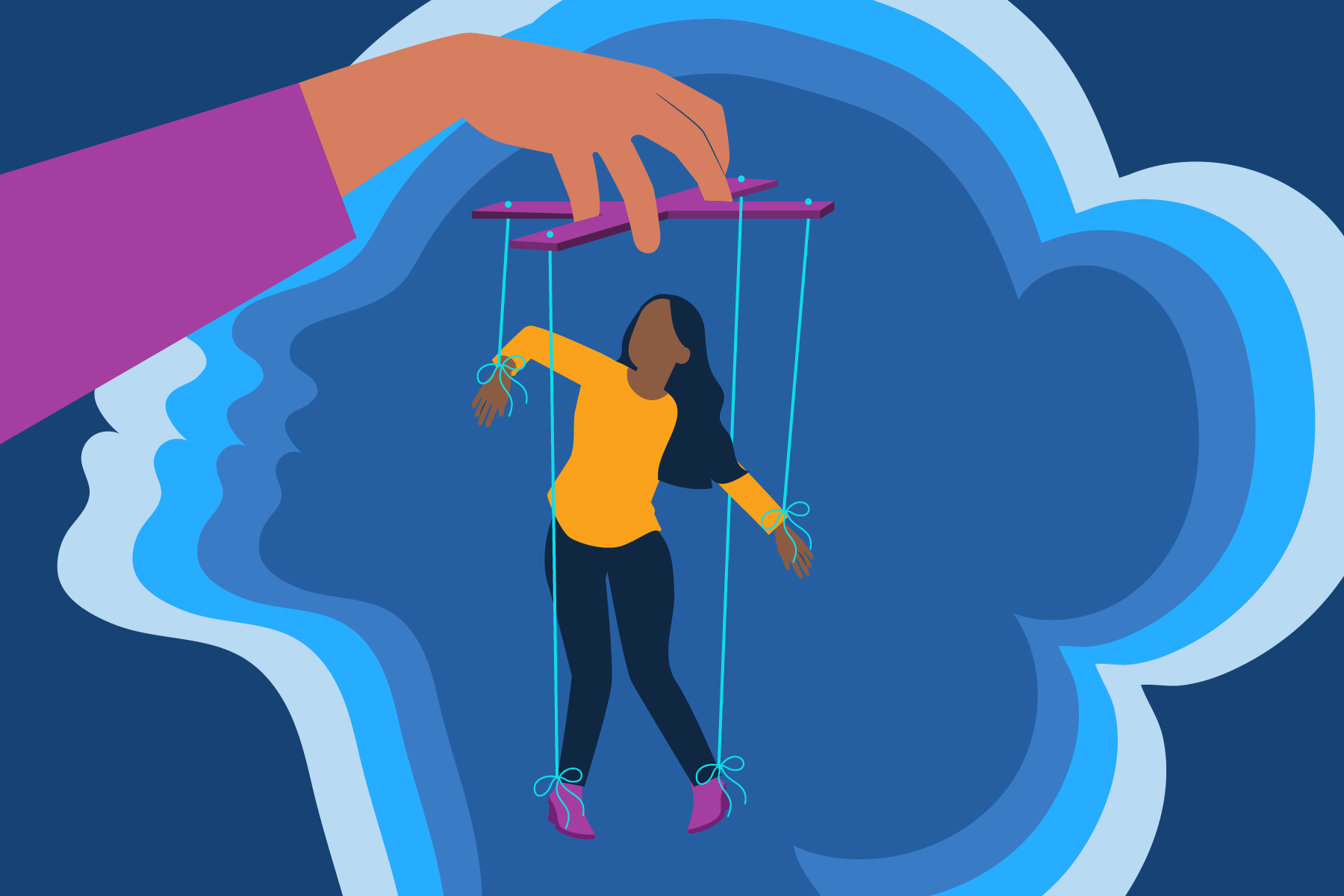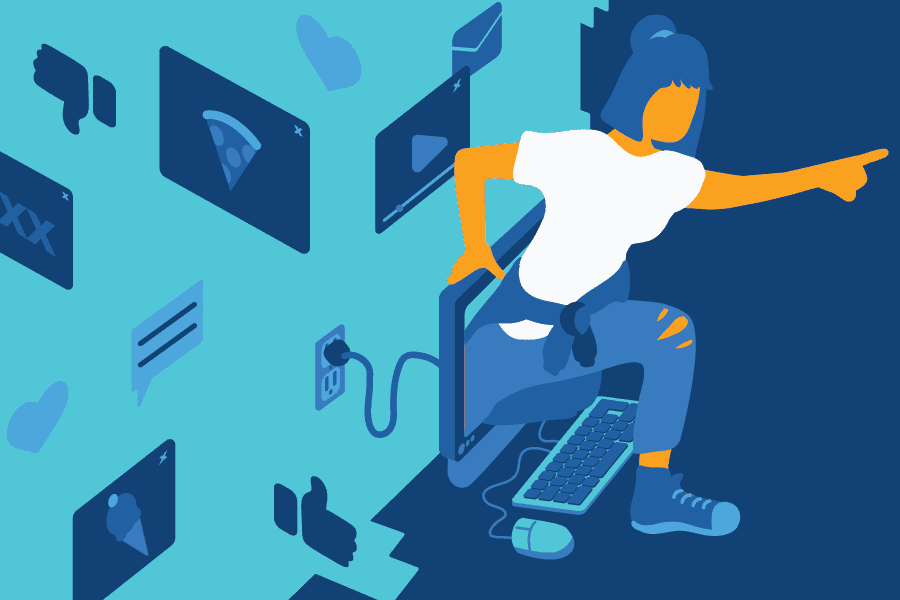What is Recreational Therapy?
Think about doing something you love. Maybe you enjoy spending time in nature, playing with your dog or reading a book in a quiet nook.
Recreational therapy (RT), also known as therapeutic recreation, helps us use what we enjoy doing to restore a love of life and heal from distressing or disabling life situations.
Brene Brown says the opposite of play is not work, but depression; recreational therapists are experts at using play to enhance our quality of life.
How Does Recreational Therapy Work?
Although the treatment goals of traditional talk therapy and recreational therapy often are the same, the ways clients recognize those goals differs greatly.
Recreational therapists seek to build on your strengths and passions and interact with you in ways that make the achievement of those goals fun.
For example, someone who is recovering from a traumatic life event may find that making pottery is simultaneously pleasurable and therapeutic.
Recreational therapy is based on an individualized treatment plan that takes into account your specific abilities, disabilities and interests.
Activities vary widely and are based on what you find enjoyable and rewarding – some examples of these are painting, riding horses, playing a team sport or game, working on a puzzle, dancing, doing yoga, acting, and making or listening to music.
In addition to helping you recover from a difficult event or improve your life, recreational therapists also focus on strengthening your self-confidence, self-care and quality of life.
How Recreational Therapy Helps Teens & Young Adults
Traditionally, RT aimed at helping individuals recover from injuries or illnesses or gain greater independence and functioning in daily life. With its focus on helping people engage in positive experiences, however, RT has been highly beneficial for young people whose growing brains crave stimulation.
Instead of seeking out excitement and intensity in harmful activities like racing cars or using drugs, teens and young adults can develop lifelong interests through recreational therapy in music, the arts and other beneficial hobbies.
According to the National Council for Therapeutic Recreation Certification, recreational therapy can also help young people reduce depression, stress and anxiety.
Recreational Therapy for Substance Abuse Treatment
By encouraging you to participate in activities you actually enjoy, RT lets you experience joy and relaxation without using drugs or alcohol. In other words, RT weakens the link between leisure and substance use and strengthens the association between contentment and sobriety.
As such, RT is a powerful complementary treatment for people struggling with substance abuse disorders. It uses sober recreation to build confidence and promote positive social interactions.
Recreational Therapy for Young People in Recovery
The individualized focus of recreational therapy aligns with Sandstone Care’s approach to working with teens and young adults. Our youth experts partner with you and your family to create a customized path forward that includes every aspect of your life, including recreation.
We’re available every day to help you with any questions you may have about RT and other treatment options – give us a call today at (888) 850-1890.






